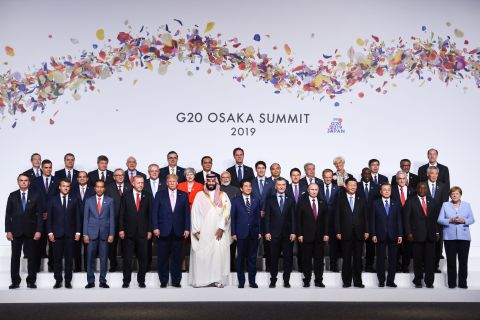Not
too long ago, during my time in the Sahel Region, I met regularly with Sudanese
community villagers, men and women, as well as with officials. I had also to
deal with the security and humanitarian consequences of the Janjaweed militias,
the armed groups doing the dirty work in Darfur at the service of Omar
al-Bashir. I gained then a lot of admiration for the people of Sudan and felt
deeply their aspiration for security and democracy. I also learned how
strategic the Khartoum leadership could be, including the intelligence agencies
and the generals.
The
fall of al-Bashir, following the continued, widespread popular pressure, came
to me as good news. But I also knew that the military and security
establishment, including the militias, now operating as Rapid Support Forces
(RSF), would not let it go too easily. And that is the situation today. More
than a hundred people were killed last week in the capital by the military and
the militias, many more were wounded or raped. The establishment cannot lose
control. They have a heavy hand on the economy – on what remains of it, as most
of the economy is in a state of collapse – and they are also afraid to be
brought to justice due to past crimes they have been associated with.
Therefore, it is the survival of the al-Bashir regime’s elite that is now at
stake. They are ready to make al-Bashir and a few others pay the bill. But they
do not want it to go beyond that.
The
generals, including General Mohamed Hamdan Dagalo, the RSF boss, are closely
supported by the Saudis, the Egyptian President and the Military, and the United
Arab Emirates leadership. The generals have sent Sudanese armed men to fight
the Saudi-UAE war in Yemen, among other things. This is a smart alliance. It
protects the Khartoum generals from pressure from the European Union and the
US. For the West, the friends of our friends deserve some consideration, no
doubt. That explains the relative lack of attention the Sudanese situation has
generated in Brussels and other capitals. People’s rights are a beautiful thing
as long as they do not interfere with Western interests in the region.
The
Chinese have also strong stakes in Sudan, particularly related to the oil
pipeline that crosses the country.
All
this makes the Sudanese transition to democracy extremely challenging for the
people of that great country.
